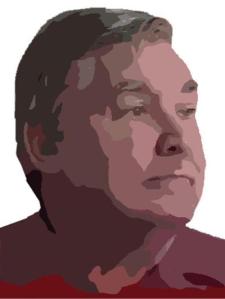
David W. answered • 03/17/18
Tutor
4.7
(90)
Experienced Prof
First, 72*72 = 5184. This is the number of possibilities, since "The 2 characters are mutually independent. Neither influences nor is influenced by the other."
Second, the Rule-maker would certainly require a minimum password length. As an absurd example, if the Rule-maker said that a password must be one character and that a Capital Letter must be used, then, as you reason, this limits the number of possible passwords. It does not result in a stronger password.
Third, a typical user selects actual words, abbreviations, or recognizable sequences as passwords. They do not select totally random sequences of the character choices. The password used most often is "Password." Birthdates, anniversaries, and pet names are also common. For example, a password-cracker program has determined that the password looks like: "Comput??" What do you suppose are the other characters? Since they are not likely symbols or numbers or capital letters, such rules actually do make passwords stronger by requiring them. [note: "Comput3$" is actually stronger and is also memorable, since the 3 and $ are above the e and r.]
The Rule-maker has made passwords "stronger" by not allowing them to be super-simple.





